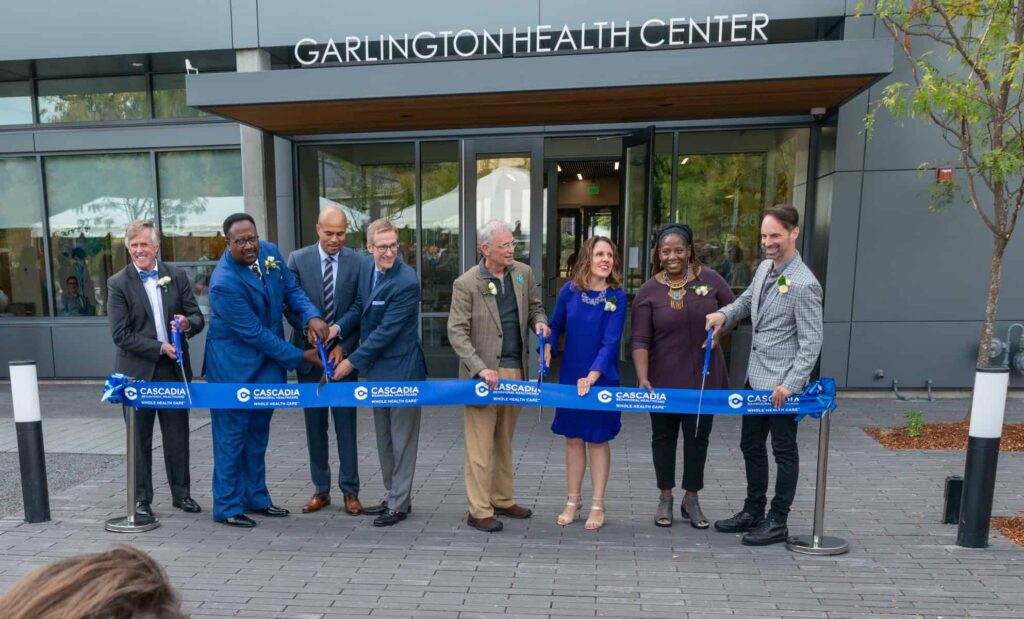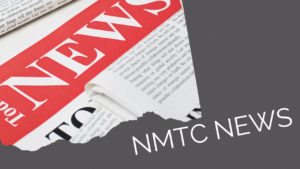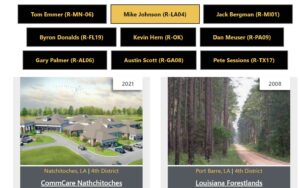September is National Recovery Month, which is sponsored by the Substance Abuse and Mental Health Services Administration (SAMHSA) to raise awareness of mental and substance abuse and celebrate recovery. The theme this year is Join the Voices for Recovery: Invest in Health, Home, Purpose, and Community. For the NMTC community, the focus on investment and community seems particularly applicable. The New Markets Tax Credit may not be the first financial tool that comes to mind for most, but it is in fact a resource that communities can use to help address the need for more treatment facilities.
There are a number of NMTC-financed addiction treatment centers around the country, which we have featured under the stories tab on the NMTC Coalition website. In addition to those facilities, the Cascadia Behavioral Healthcare’s Garlington Campus is the newest NMTC-financed addiction treatment facility. NMTC Coalition Board Member United Fund Advisors provided NMTC allocation for the project, which opened last Friday in Portland, Oregon.
Cascadia describes the facility as “one of Oregon’s most innovative community-centered campuses – anchored by the new Garlington Health Center, which provides integrated health care services – mental health, substance use recovery, primary care, and wellness programs – all in one location to support a person’s whole health needs.” The project received $4.5 million in NMTC financing and includes a 24,000 square-foot clinic, providing mental health and addiction recovery services, primary care, neighborhood wellness programs, as well as 52 apartments.
The drug addiction and overdose rate has soared historic levels, largely due to the opioid epidemic, which has ravaged communities and families living in small towns, urban cities, and everywhere in between. While there are many federal programs and other legislation aimed at specifically funding research and treatment, it is imperative that communities and leaders work together to use every resource available. The NMTC, with its flexibility and community-driven approach, can be a part of that equation, helping low-income, under-served areas build and deliver addiction and mental health services their communities’ currently lack.






